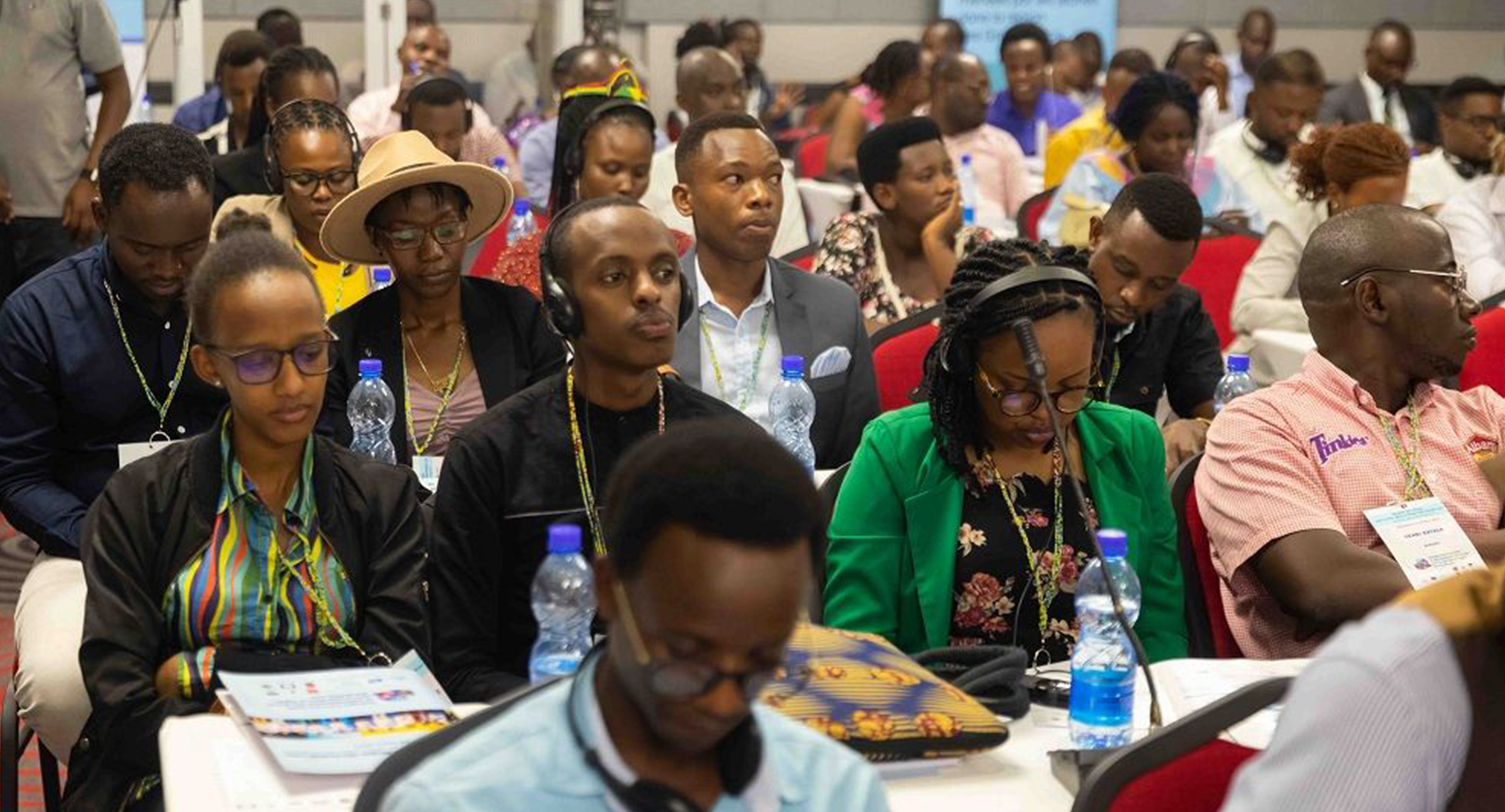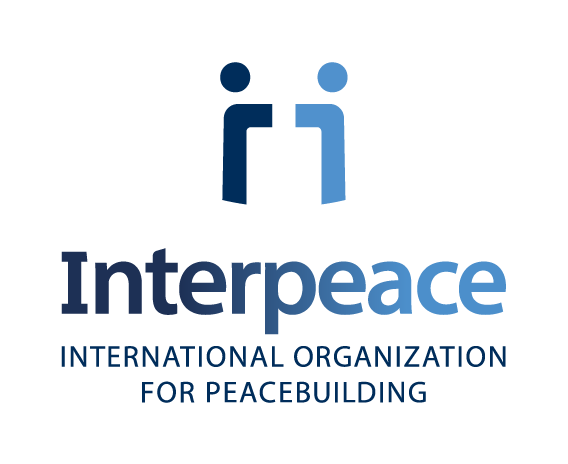Youth leadership in action


Youth leadership in action
In the Great Lakes region, persistent violence over a long period has affected young people, who are the majority of the population.5 They face direct violence in some parts of the region, forced recruitment into armed groups, intergenerational trauma transmission, and displacement, as well as lack of access to livelihoods and education of good quality. Some of these impacts and risks are exacerbated by cultural, ageist, and gender norms. As a result, significant number of young men and women cannot participate as they would wish in civic activities or political and peace processes.
Interpeace and local partners are providing young people in Burundi, DRC, Rwanda and Uganda with the skills and knowledge they need to play a more active leadership role in regional peace processes. The Great Lakes Youth Innovation Lab for Peace (YouthLab) is a 30-month initiative, launched in 2021, implemented in partnership with Never Again Rwanda (NAR), the Pole Institute, the Centre d’Alerte et Prévention des Conflits (CENAP), and the Refugee Law Project.
The YouthLab enables young people in the region to acquire the tools and capacities they need to participate in discussions with policy makers and communicate their visions for peace. The project also offers opportunities for horizontal learning and network building, since it brings together young people from across the region. Young people learn but also actively participate in and lead activities that contribute to local, national and regional governance, peacebuilding, and development initiatives.

In 2022, on the occasion of independence celebrations in Burundi and the DRC, a young man in Burundi took the initiative to invite colleagues to a meeting, to discuss how they might use the event to make the voices of youth heard. They agreed to write peace messages and disseminate them via social media. Similarly, as conflict raged in North Kivu and hate speech proliferated, youth in North Kivu sent out messages of peace and invited young people to exercise restraint and responsibility.
These stories highlight the positive role that young people can play in societies where the manipulation of youth is common. Young people have realised that radicalisation is taking place online and are determined to use social networks to promote peacebuilding and other mindsets. They also show the level of conviction of young people, which inspires hope in significant change. It is encouraging to see that young people can overcome fear and commit themselves to peace.
Initially, Interpeace provided a framework for young peacemakers to meet, exchange ideas and encourage each other. Subsequently, regular contextual analyses enabled young people to become alert to certain issues and sharpen their analysis. Interpeace also provided training on context analysis, leadership, and other relevant topics. Finally, the programme provided audio-visual training to enable young people to communicate their messages and images as clearly as possible. Encouraged to believe that they should be major actors in peacebuilding, young people have begun to take the initiative.

Sensitive to the concerns of marginalised people, young people have also addressed problems that threaten their societies, demonstrating a broad understanding of peacebuilding following Interpeace’s capacity-building. On the International Day of People Living with Disabilities, young innovators in Uganda organised community dialogues on the rights of people living with disabilities. During the 16 Days of Activism campaign, young people In Burundi organised an international dialogue for students, policy makers and researchers: the theme was positive masculinity as a strategy to deal with sexual and gender-based violence.
